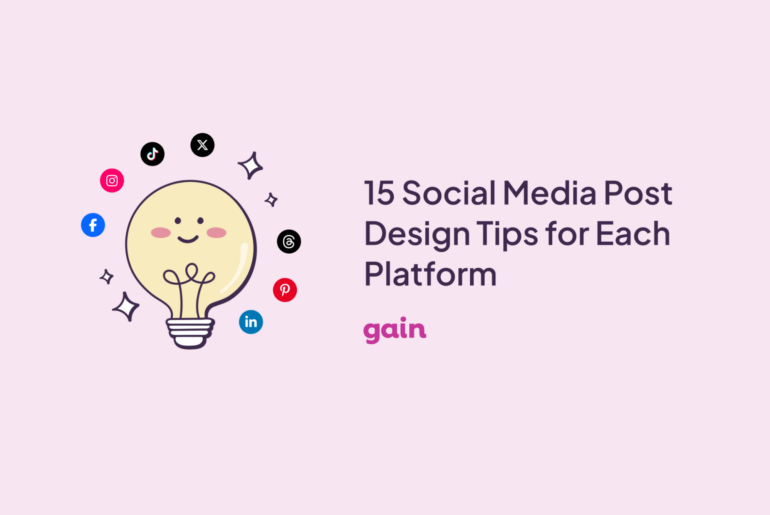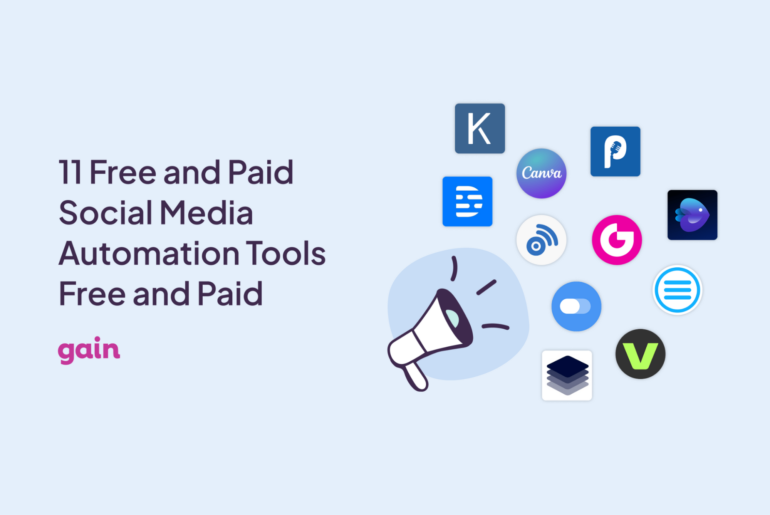1. How often will we be in communication?
If you are managing a team of multiple marketers and community managers, you likely won’t have time to be in constant contact with your social media manager. Determine how often you’ll be communicating, and what kind of information they might need so that you can track their progress and work.2. What programs are you familiar with for automation data management, and reporting?
There are dozens of social media management and data reporting tools out there. It is not necessary for your social media manager to be fluent in all of them, but he or she should have a firm grasp on one or two key platforms that help them do the job more efficiently. Your agency might even have a favorite, so find out how you can apply their previous knowledge to learning on the new platform.3. What platforms do you think are best?
Any experienced social media manager will have researched your business and clients before talking to you. Get a grasp of their understanding of your business and where they think your main clients will be. You could even ask them to provide you a brief analysis of your or one of your clients’ current social media presence and where they think you can improve.4. How do you measure results or progress?
This moment is the perfect opportunity to find out if your manager is after vanity metrics or real change. If they mention the number of Facebook likes or Twitter followers, you should ask what goals they plan to achieve with those numbers. How will they keep that community engaged?5. What are your goals for the social channels you manage?
If a social media manager doesn’t have an idea of what you or your client wants to achieve through social channels, he or she will never be able to generate leads from social. This question should be two-sided: you should ask the person what he or she wants to achieve, but also expect them to ask you what goals you have for you or your clients’ social media channels.6. How would you respond to a negative comment on social?
Social media is a conversation, not a presentation. A social media manager should be ready to respond to questions, comments, and complaints on your social channels. There isn’t necessarily a right answer, but you want to know they have a plan in place in case something comes up.7. What support do you need from me?
You may be hiring a social media manager, so you no longer have to handle your social presence, but you will still need to provide some information so messaging stays on brand. If they will be handling a client’s social, find out if they might need quotes, photos, or copy from that company to be able to maintain a consistent presence. If needed, introduce them to the client so they can build a lasting relationship.8. How do you stay on top of updates on social media policies, new platforms, and changing algorithms?
Social media is always fluctuating. You should expect a social media manager to stay on top of SEO ranking systems, new Facebook or Instagram algorithms, or even upcoming hot platforms. While no one can perfect every platform, your social media manager should be reading blogs and articles to make sure they don’t miss any crucial updates.Hiring a new social media team member for your agency can take work off your plate, grow your community, and help you manage more clients. As you interview someone for the position, set expectations for how to create and establish a strong presence on your or your clients’ desired platforms, including how much contribution you will make to these efforts. Promoting your brand and helping your clients manage their online communities is crucial to your company’s growth, so make sure you choose the right person.





